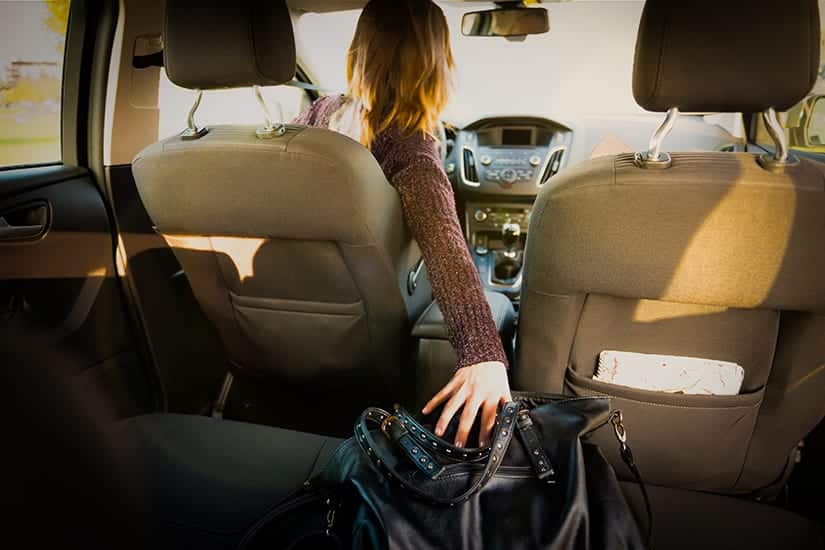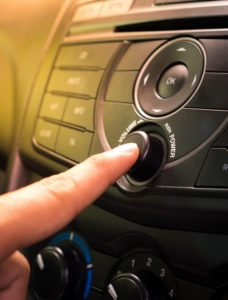Most people are aware that driving and texting can be dangerous, but what other distractions are getting in the way of safe driving?

When we hear the term “distracted driving,” most of us think “That’s not me — I’m careful when I drive!” But did you know that driving distracted doesn’t just mean looking down at your phone while you’re behind the wheel? Distracted driving can actually be many different things that happen in the car to take your attention away from the road, even briefly.
We all know that texting while driving is dangerous (and, here in Virginia, illegal), but did you know that simply talking on your cell phone while driving can be as dangerous as driving drunk? And studies don’t show any difference in distraction levels between hand-held cell phone use and hands-free — it’s the conversation that is taking your attention from the road, not necessarily whether you’re holding your cell phone. To keep yourself and others in your car safe, it’s best to save your phone calls until you’re at home, or if you do need to make a call while you are out and about, pull over to a safe spot off of the roadway before chatting.
You might be surprised to learn that some other things that many of us do while we are driving could be putting you at risk for a distracted-driving car accident. Fiddling with the radio station, entering address information into your navigation system, grabbing a bite on the go, or even just talking to passengers in the car are all things that potentially take our focus off of the road and can lead to a dangerous situation. Other common distractors are looking at a child in the back seat, reaching for something in your bag or purse, or getting lost singing along to a great song on the radio.

Traffic safety experts classify distractions into three main types: Manual (when you move one or both of your hands off of the steering wheel); Visual (when your eyes focus somewhere other than the road); and Cognitive (when your mind wanders from the immediate task of driving). Any one of these types of distractions could lead to a serious traffic accident, and combining them — as something like texting while driving does — can have especially dangerous consequences. Think of it this way: if you’re driving at 55mph and take your eyes off of the road for just 5 seconds, that’s the same as driving the length of a football field with your eyes closed!
Here at Burnett and Williams, our best advice to you is to commit to paying full attention to the task of driving each and every time you sit behind the wheel. Whenever you’re getting ready to jump in the car, whether it’s for a quick run to the store or a longer road trip, take a few minutes to be sure that you are organized and ready for the outing. If you need directions to your destination, plug them into your GPS before you pull out of the driveway. Send any texts or make any last-minute calls ahead of your travel, and then set your phone on do-not-disturb mode. If you’ll be driving a distance, build in time to stop for any food or drink that you’ll need, to avoid eating that burger and fries behind the wheel. What it comes down to is the simple fact that in order to drive safely, you must dedicate your entire focus to the task. The consequences of distracted driving can be very high — increased insurance rates, traffic tickets, injuries, and even death — so be sure to make “focus on the road” your mantra every time you drive.
Burnett & Williams Personal Injury Lawyers are experienced with all personal injuries. If you’ve been hurt in an accident and need representation or advice, call us for a free consultation. (703) 777-1650, or contact us here on the web.